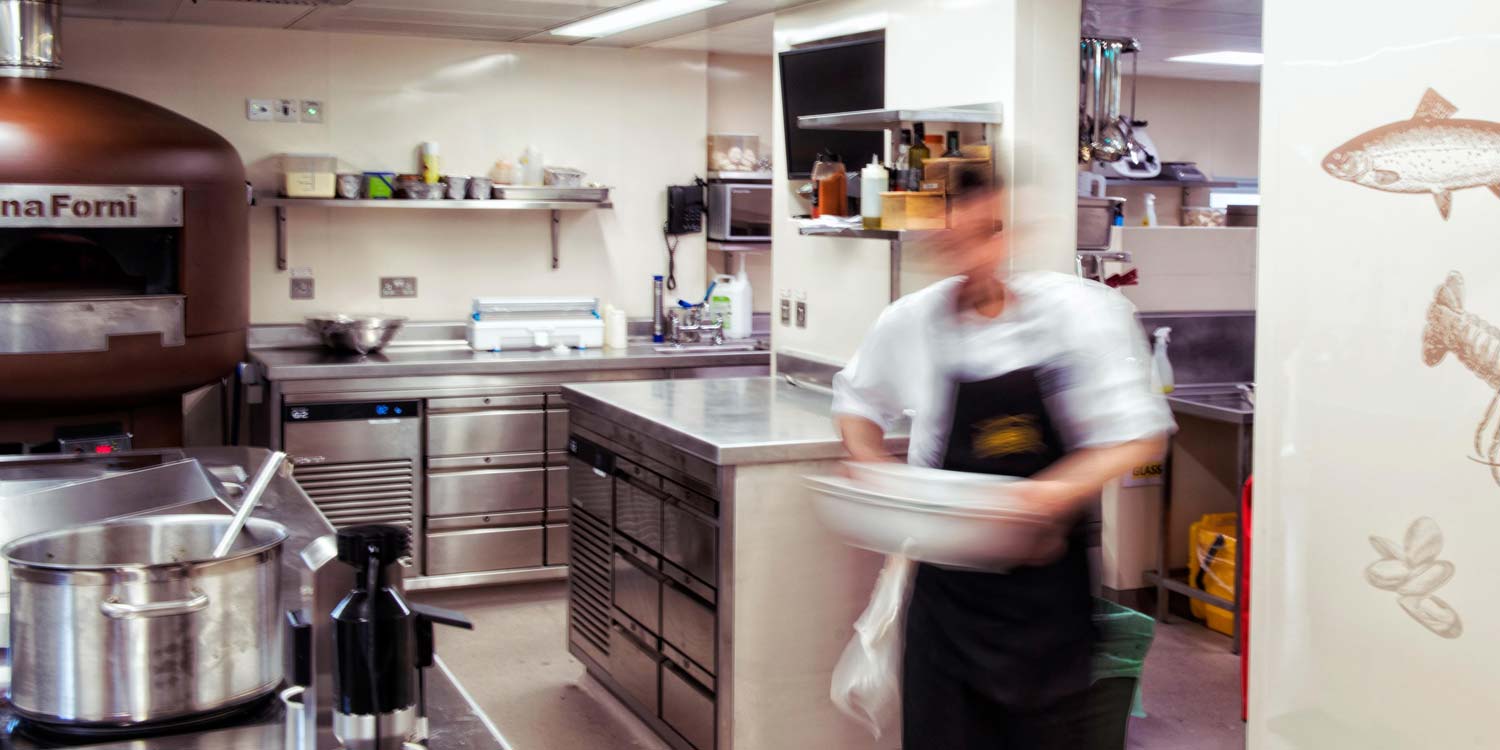Turning coffee waste into energy
Turning coffee waste into energy
Award-winning clean technology company bio-bean spoke at our first education day held at the University of London. The company has industrialised the process of recycling spent coffee grounds into advanced biofuels and biochemicals. If you missed the presentation, we interviewed Pippa Henderson from biobean about the importance of this process and the key things foodservice consultants need to know.
1. Why do FCSI consultants need to know about this process?
The first thing to realise is this isn’t just about energy generation, it’s also about dealing with waste more effectively and reducing CO2. The UK alone generates half a million tonnes of spent coffee grounds every year. Most of these end up in landfill and when they decompose, they emit methane – a greenhouse case 28 times more potent than CO2.
2. What has bio-bean done to help address this issue?
At bio-bean we have developed an industrial-scale solution. We collect spent coffee grounds from a wide variety of businesses ranging from independent cafes and office blocks to national coffee chains and even instant coffee factories. We then turn these grounds into biofuels like Coffee Logs, which are a cost effective, carbon-neutral energy source and can be used instead of conventional fossil fuels. Currently we recycle up to 50,000 tonnes spent coffee grounds a year, the equivalent of one in 10 cups of coffee drunk in the UK.
3. What are the benefits for commercial kitchen operators?
There are three main benefits to using this process. Firstly, recycling coffee grounds through bio-bean can generate savings for a business because it reduces the volume of general waste, and associated costs of disposing of it. Secondly, waste management companies can charge for contaminated dry mixed recycling, so by segregating your waste coffee grounds you reduce the risk of incurring these costs. And finally, working with a company such as bio-bean provides a brilliant way for businesses to cut their greenhouse gas emissions.
4. How does the process work?
Joining the waste coffee collection route couldn’t be easier because we work with waste management companies that undertake all coffee waste collections on our behalf, minimising waste mileage. Your waste management company will provide everything required to begin collections including caddies, bins, refuse sacks, vehicles and the collection service. If we don’t already work with your waste management partner, it may still be possible to recycle with us.
5. How can we learn more and participate?
To learn more about bio-bean visit www.bio-bean.com and to join our waste coffee collection route, please visit www.bio-bean.com/collection.



